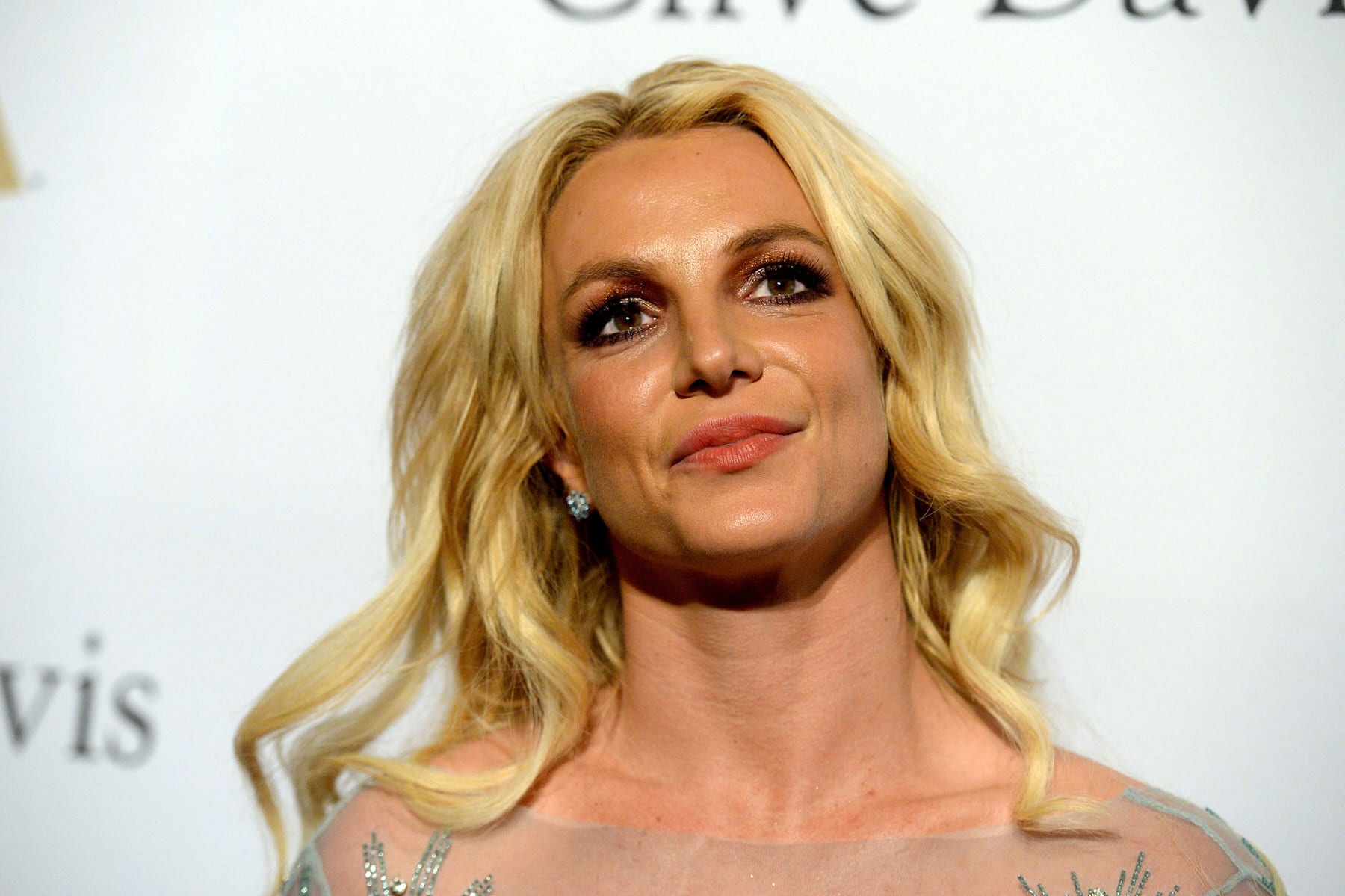For 13 years, Britney Spears has been under a court-ordered conservatorship — and for 13 years, she has been largely quiet about it. She broke her silence Wednesday with a 24-minute statement delivered to a courtroom, saying that she was forced to keep an IUD in despite wanting to have another child.
“I want to be able to get married and have a baby,” Spears told Judge Brenda Penny via remote video on Wednesday in Los Angeles County Superior Court. “I was told right now in the conservatorship, I’m not able to get married or have a baby.”
It was the most shocking moment in an already emotional address, in which Spears, 39, pleaded with the judge to release her from her conservatorship, telling her that she was “traumatized,” and detailed the near complete loss of her autonomy for more than a decade.
Spears, who is the mother of two teenage boys, told the court that her father and the group of people who control her affairs do not want her to have any more children. She said she was not allowed to go to the doctor to remove her IUD, or intrauterine device, a form of contraception implanted in the uterus.
The pop star told the judge that she wished she could stay on the line “forever” because “when I get off the phone with you, all of a sudden all I hear are these no’s — no, no, no. And then all of a sudden I… feel ganged up on and I feel bullied and I feel left out and alone.”
“I deserve to have the same rights as anybody does, by having a child, a family, any of those things,” Spears continued.
Reproductive health advocates swiftly reacted to the news.
“We stand in solidarity with Britney and all women who face reproductive coercion,” tweeted Alexis McGill Johnson, president and CEO of Planned Parenthood. “Your reproductive health is your own — and no one should make decisions about it for you.” The Planned Parenthood account retweeted that sentiment.
“The freedom to choose if, when, and how to start or grow a family is the core of reproductive freedom,” NARAL Pro-Choice America tweeted Wednesday evening. “To deny someone that choice is a violation of their most fundamental freedoms.”
So did disability rights activists, who said the scrutiny of Spears’ life from a young age has parallels to the lived experiences of people with disabilities.
Jasmine E. Harris, a law professor at the UC Davis School of Law, said in many instances, people with disabilities are subject to little privacy and state-sanctioned surveillance over their affairs — and aren’t afforded the same right to make mistakes people without disabilities are. “We presume that we understand their lives, but we don’t allow them the same latitude to make bad choices,” she said.
Rebecca Cokley, a disability rights activist, added that Spears’ case highlights the dynamics of sexism and ableism.
“They’re using her mental illness as a means to control her right to her body,” Cokley said. “The choices she makes, the labor that she does or does not provide — in this case the labor that she’s being forced to provide — and she’s not able to make a single decision, on a daily basis, about her life without having it approved.”
In her testimony, Spears detailed a grueling work schedule of seven days a week with no days off, adding, “which in California, the only similar thing to this is called sex trafficking.” She said she was kept in a home and under watch every moment. “They watched me change every day — naked – morning, noon and night. My body – I had no privacy door for my room,” she said.
Singer Liz Phair was among the many jumping on to the #FreeBritney movement Wednesday, blaming the “patriarchy” for allowing Spears to be put in this position. “Anyone saying she ‘seems unbalanced,’ please show me The equivalent conservatorships for male entertainers/athletes exhibiting erratic behavior. Where are all the MOMS controlling their grown son’s millions for a decade,” Phair tweeted.
Harris, the UC Davis law professor, said there has been a lengthy fight in the disability rights community to give people with disabilities more autonomy, in part because many of the policies that have dictated their lives are based on outdated notions of what it means to have a disability.
“What I really want people to do is to use this as an opportunity to challenge their biases about for whom guardianship would be appropriate, and why.” she said. “And what is it about the most disabled person that we somehow say, ‘Well, that makes sense for them,’ as opposed to thinking about alternatives?”





